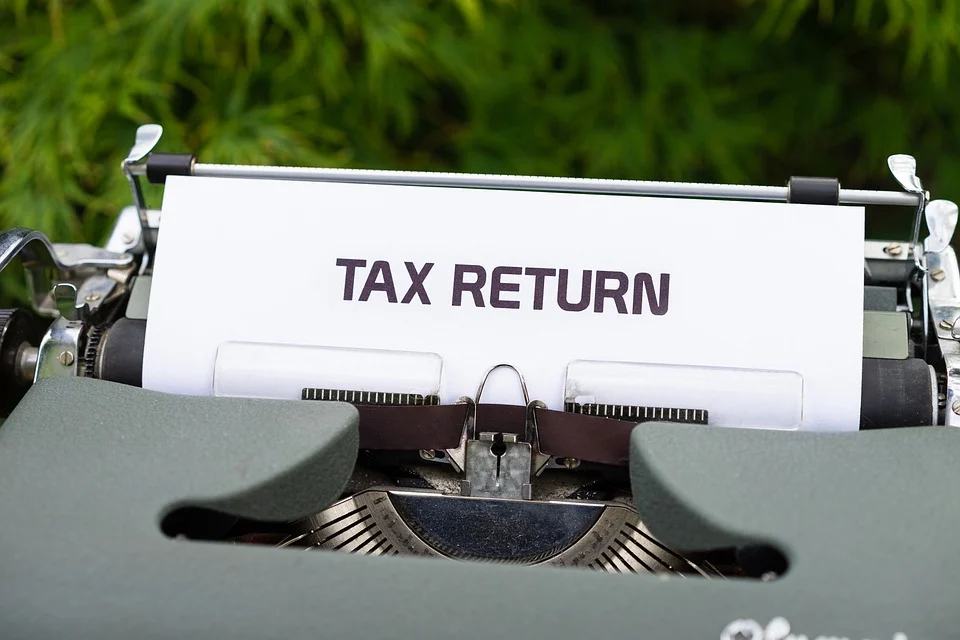Real estate investors who are well-versed in taxation understand that a 1031 Exchange is a frequent tax method that allows them to develop their portfolios and increase net worth more quickly and efficiently. So what exactly is Section 1031 Exchange, and does it work? Continue reading this post for more information on this unique procedure.
What Is a Section 1031 Exchange?
Selling one property to buy another in the same or different state is called a 1031 exchange. If you sell your present investment property and replace it with another, you’ll owe a significant sum in capital gains taxes. If, on the other hand, your transaction qualifies as a 1031 exchange, you will be able to defer these taxes in perpetuity. This provides investors with the chance to diversify their holdings into a different type of real estate or shift their attention to a new area without incurring a significant tax liability. For more crucial information about 1031 Exchanges that every investor must know, check out https://worldfinancialreview.com/what-investors-need-to-know-about-1031-exchanges/.
What Qualifies as a 1031 Exchange?
An essential rule regarding 1031 exchanges is that they usually are only used for commercial or investment properties. Personal property, such as your home or a vacation home, is exempt from the taxation on capital gains. Stocks, bonds, debt instruments, partnership interests, inventory, and trust certificates are examples of securities and financial instruments that are not often suitable for 1031 exchanges.
Five Common Types of 1031 Exchanges
Real estate investors most commonly use five types of 1031 exchanges. These are:
- Simultaneous exchange delayed exchange
- Reverse exchange
- Delayed build-to-suit exchange
- Delayed/simultaneous build-to-suit exchange
Investors will not be able to collect revenues from the sale of a property while a replacement property is being selected and purchased by the investor. Instead, a middleman holds monies in escrow (also known as an accommodator) until the replacement property is purchased.
No one can serve as the exchanger’s agent, including your employee, lawyer, accountant, banker, broker, or real estate agent. Hence, ask one of these individuals (usually your broker or escrow officer) for a referral for a qualified intermediary for your 1031 exchange.
The Role of Qualified Intermediaries
According to IRS Section 1031, any proceeds from the sale of a property are still taxable. If there are more than one, the sale proceeds must be transferred to a qualified intermediary, who then transfers them to the replacement property or properties’ seller. Intermediaries can be individuals or corporations. In a 1031 exchange, a qualified intermediary holds the monies involved in the transaction until they may be transferred to the seller of the replacement property. The qualified intermediary may not have any other formal contact with the property exchange parties.
Essential Things to Know About 1031 Exchanges
- Taxes are still required to be paid, just later. A 1031 exchange only delays the imposition of capital gains tax.
- The properties don’t have to be identical. A rental property or a parking lot need not be similar. “Like-kind” involves swapping one investment property for another. For example, vacant land could be traded for commercial development.
- Your qualified intermediary or exchange facilitator can’t be a relative, lawyer, or banker. It can’t be an employee. You can’t be your qualified broker. Any of those people who served you in the last two years are likewise off-limits.
Section 1031 Exchange, in a Nutshell
A 1031 exchange, which is a tax-deferred technique for real estate investors, can be used to accumulate wealth in a tax-efficient manner. Because of the numerous intricate moving elements, even experienced investors will seek professional assistance and learn the rules and regulations.

